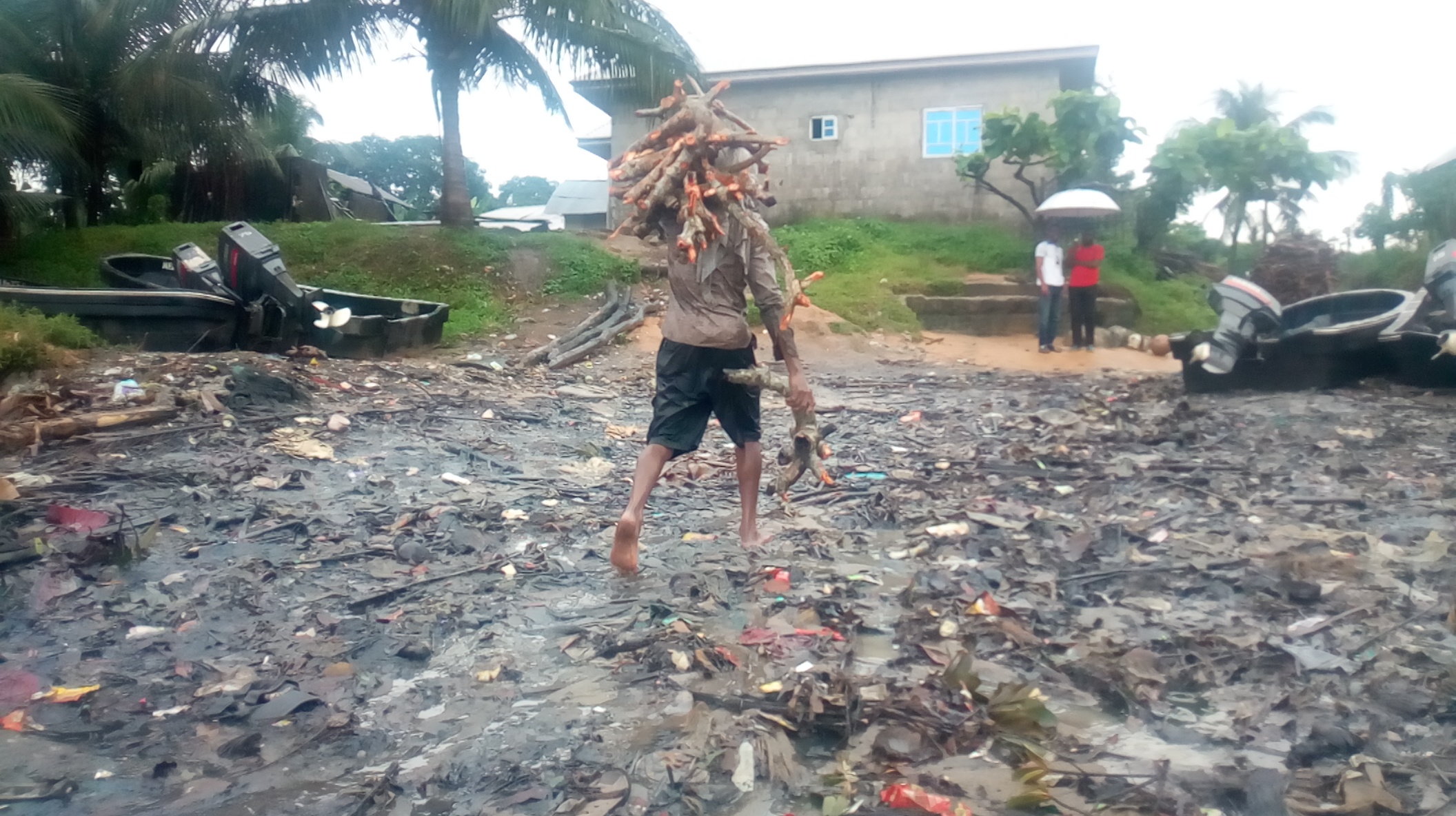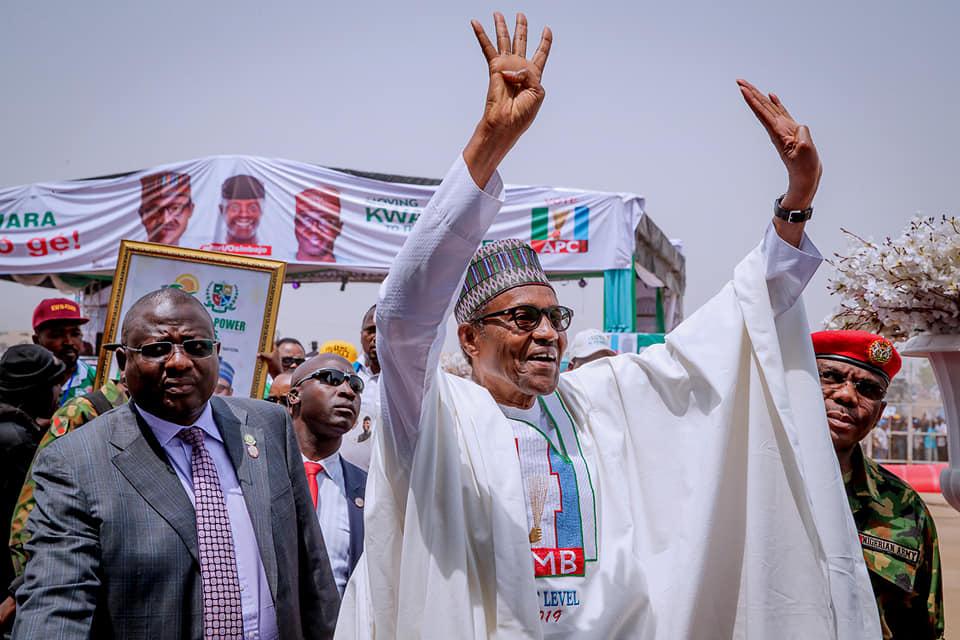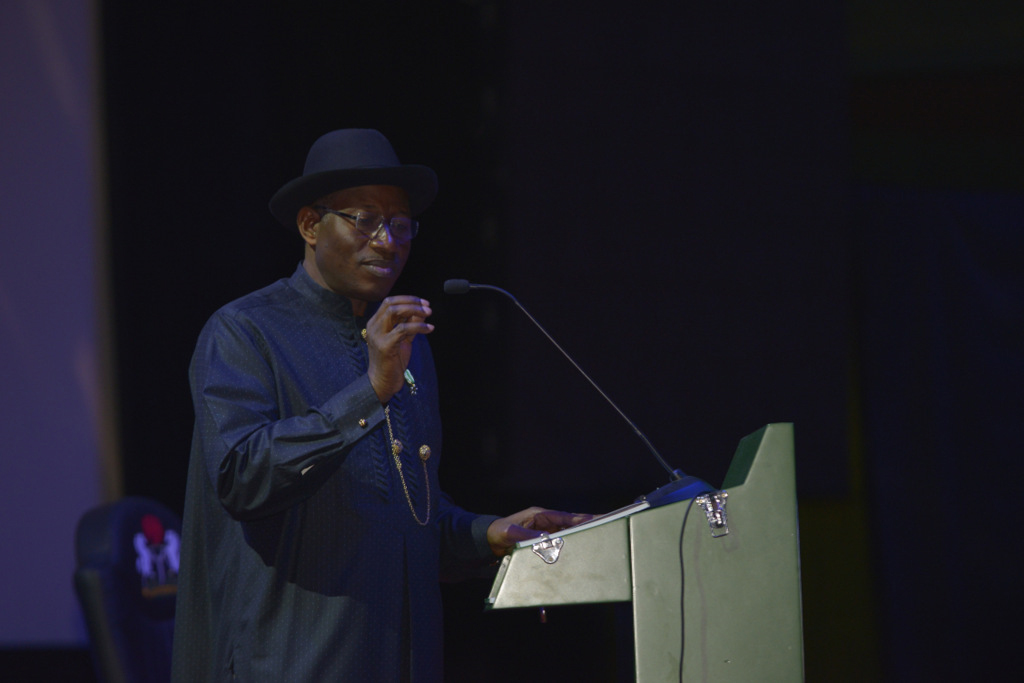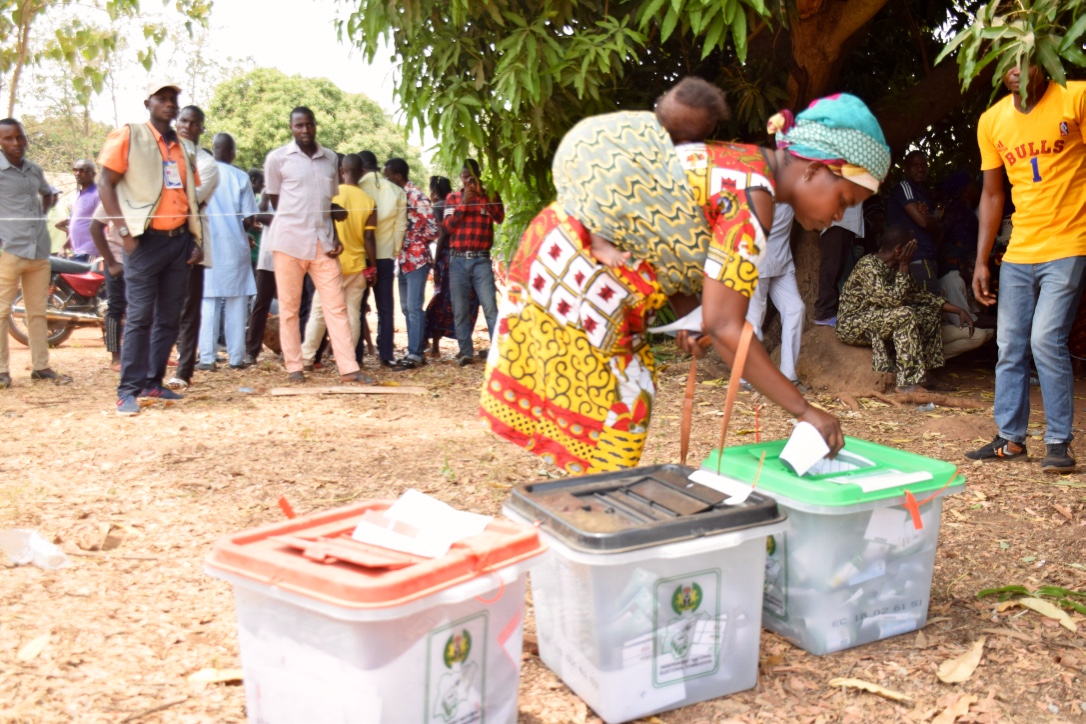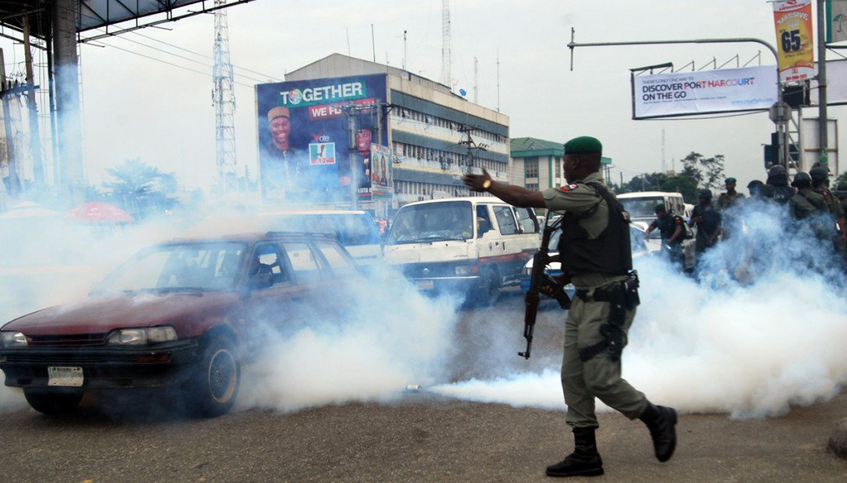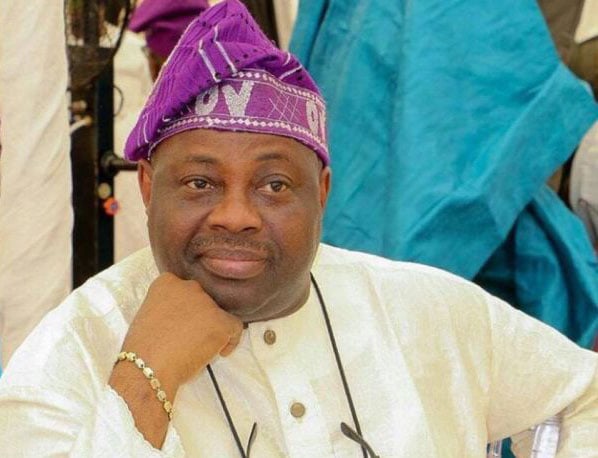Ogoni land... ruined and deserted
BY ARIKPO DUUM
After decades of struggles, Government’s attention was drawn to the plight of the people of Ogoni. The United Nations Environmental Programme (UNEP) was invited to undertake an assessment of oil pollution in Ogoniland with a view to finding a solution that will bring an end to the sufferings of Ogoni people.
In 2011, UNEP submitted a report to the Federal Government on Environmental Assessment of Ogoniland. Today, that document is popularly referred to as the “UNEP Report” among stakeholders. The report contains detailed information on the assessment which covered contaminated land, ground water, surface water, sediment, vegetation, air pollution, public health, industry practice and institutional issues as well as recommendations and steps to be followed in carrying out the clean-up exercise.
On 2nd June 2016, the Federal Government flagged-off the Hydrocarbon Pollution Remediation Project (HYPREP) with the mandate to Remediate the Environment and Restore the Livelihood of the people.
A Project Coordination Office (PCO) for HYPREP was set up to execute the clean-up project in Ogoniland headed by the Project coordinator, Dr. Marvin Dekil. HYPREP being a Federal Government Project is fully guided by the rules and regulations that apply in public service. To ensure full accountability and adherence to extant rules, staff from relevant Federal Ministries have been deployed to the project. However, the project takes into consideration the integration of local content in every aspect of the process. In this wise, the project has engaged, at various levels, manpower of different skills drawn from all the impacted communities.
Advertisement
The UNEP Report of 2011 which serves as a blueprint for the implementation of the clean-up of Ogoniland specifies some emergency measures that should be carried out prior to the remediation exercise to provide temporary relief to a people that have suffered years of no access to potable water and possible health challenges due to oil pollution. In implementing the UNEP Report, HYPREP commenced activities to update the baseline data of the UNEP Report which was written since 2011. To ensure accuracy, HYPREP had to carry out the exercise of collecting soil, surface and underground water samples in order to have the current status of the level of impact of oil spillage on the communities prior to the provision of portable water which is one of the emergency measures recommended in the UNEP Report.
HYPREP also carried out medical out-reach that covered Gokana, Tai, Khana and Eleme Local government areas where patients with various medical conditions were attended to including surgeries. The medical out-reach was to enable HYPREP collect primary data on the health status of people before the commencement of health impact study in the communities of Ogoni to ascertain whether there is a link between some ailments in the land and oil pollution.
In this regard, HYPREP has followed due process to engage qualified companies to carry out assessment and rehabilitation of existing water facilities; designing and construction of comprehensive water schemes; public health consultancy for the provision of a holistic report for the implementation of the recommendations in the UNEP Environmental Assessment Report on Ogoniland; and environmental consultancy to carry out scoping and assessment of oil impacted sites assessed by UNEP including those not captured in Ogoni land. These projects cover the four local government areas of Ogoni land.
Advertisement
HYPREP has through its Communication and Community Engagement Unit carried out sensitization exercise to the 21 impacted communities while successfully engaging the Traditional Rulers, Faith Based Organizations, Women Groups, Youths, Pressure Groups, Civil Societies, members of the press and Stakeholders.
The Project Coordination Office has engaged series of processes in preparation for the remediation works aside from soil and water sampling. HYPREP has carried out delineation and has successfully mapped out areas for remediation for all the sites covering depth and spread. Young scientists and others with relevant professional qualification from Ogoni have been trained and are currently working in HYPREP.
The livelihood programme is also being implemented as collection of data is continuous.
HYPREP has already commenced the training of youths in the fabrication of garri processing machines through a tripartite agreement between HYPREP, Stakeholder Democracy Network (SDN) and the International Institute of Tropical Agriculture (IITA), Onne, a programme that is scheduled to last for 3 months. The Rivers State Government through the Ministry of Employment Generation and Economic Empowerment has also expressed readiness to collaborate and partner with HYPREP to train women and youths of Ogoni under the Sustainable Livelihood Programme. The best part of it is that several Ogoni youths that could have been in the labour market have been trained and employed by HYPREP, while others have been trained and are ready to be engaged by the contractors.
Advertisement
As a project of the Federal Government, all procurement processes adopted by HYPREP for the award of contract for the remediation works was in line with the Procurement Act of 2007.
HYPREP has in keeping to the laid down procedure, followed due process in handling the award of contract for the clean-up project. Advertisements were placed on 30th March, 2018 in Federal Tenders Journal, local and foreign media for expression of interest by contractors for remediation works. The technical and financial bid opening exercise were conducted transparently and all Public Procurement Regulations were strictly followed as contained in the Public Procurement Manual.
On the other hand, all companies bidding for contracts in any Government Agency are expected to possess stipulated documents and undergo pre-qualification processes as contained in the Public Procurement Act and this also applies to HYPREP.
At the end of the rigorous procurement process, 21 contractors who qualified were invited to a kick-off meeting to enlighten them on how the project will be managed, what is expected of them, engagement of local content, relationship with the host community and other issues that will enhance the smooth running of the project.
Advertisement
On the other hand, HYPREP also carried out community by community engagement to sensitize them of the engagement of contractors for the first phase of the clean-up project and what they should expect from the contractors. They were also sensitized on the role of the traditional council, youths, women groups, interest groups and the community in general to the success of the project first as watch dogs to ensure the contractors delivered quality work and also to ensure security and peace during and after the clean-up.
To show and further confirm to the people of Ogoni the commitment of the Federal Government and the importance it places on the project, In January, this year, the Honourable Minister of Environment, Surveyor Suleiman Hassan Zarma, performed the ceremony of presenting the contractors to the communities and site handover in Alode and Obolo-Ebubu communities in Eleme Local Government Area and Buemene-Korokoro in Tai Local Government Area while the Project Coordinator of HYPREP, Dr. Marvin Dekil led the delegation for the site handover ceremony in Khana and Gokana Local Government Areas. A total of 16 sites has so far been handed over to contractors by HYPREP in Eleme, Tai, Khana and Gokana Local Government areas of Ogoni. This site handover has taken place despite doubts and series of propaganda to discredit HYPREP and undermine the intentions of the Federal Government for the Ogoni clean-up.
Advertisement
The Federal Government with good intent has re-engaged the United Nations Environmental Programme (UNEP) – (the same UNEP that did the study that provided the basis for the report and recommendations) to work with HYPREP for the next 12 months to provide technical support and build the capacity of staff to empower them for optimum and effective performance. Yet people still say that HYPREP is a scam.
I am aware of growing concerns about the implementation of the emergency measures, as an observer I have been privileged to listen to the presentation by the Project Coordinator of HYPREP stating that the process for the implementation of emergency measures was at its final stage. Presently, the list of pre-qualified companies for the provision of potable water have been released on all HYPREP official social media platforms. Just as he promised, shortly contractors will also be introduced to site for the provision of potable water for the impacted communities.
Advertisement
Since its inception till date, HYPREP has recorded several milestones in coordinating the processes for the commencement of the remediation work in Ogoniland. The Federal Government has stayed committed to its promise to clean Ogoniland.
In my opinion, rather than sponsor negative propaganda against HYPREP and the Federal Government, people that feel things should be done differently should approach HYPREP to iron things out.
Advertisement
The Ogoni clean-up is the best thing that has happened to the people of Ogoni after four decades of struggles. The great people of Ogoni should all form a united front and support HYPREP. The Youths should secure their territory and ensure the environment is peaceful for the contractors to operate successfully.
The energy and resources used in sponsoring propaganda to bring down HYPREP should be channelled into supporting activities that will add value to the people of Ogoni. Let every true Ogoni and all Nigerians support HYPREP in the Ogoni clean-up project.
Duum, a social commentator, writes from Port Harcourt, Rivers state
Views expressed by contributors are strictly personal and not of TheCable.
Add a comment
